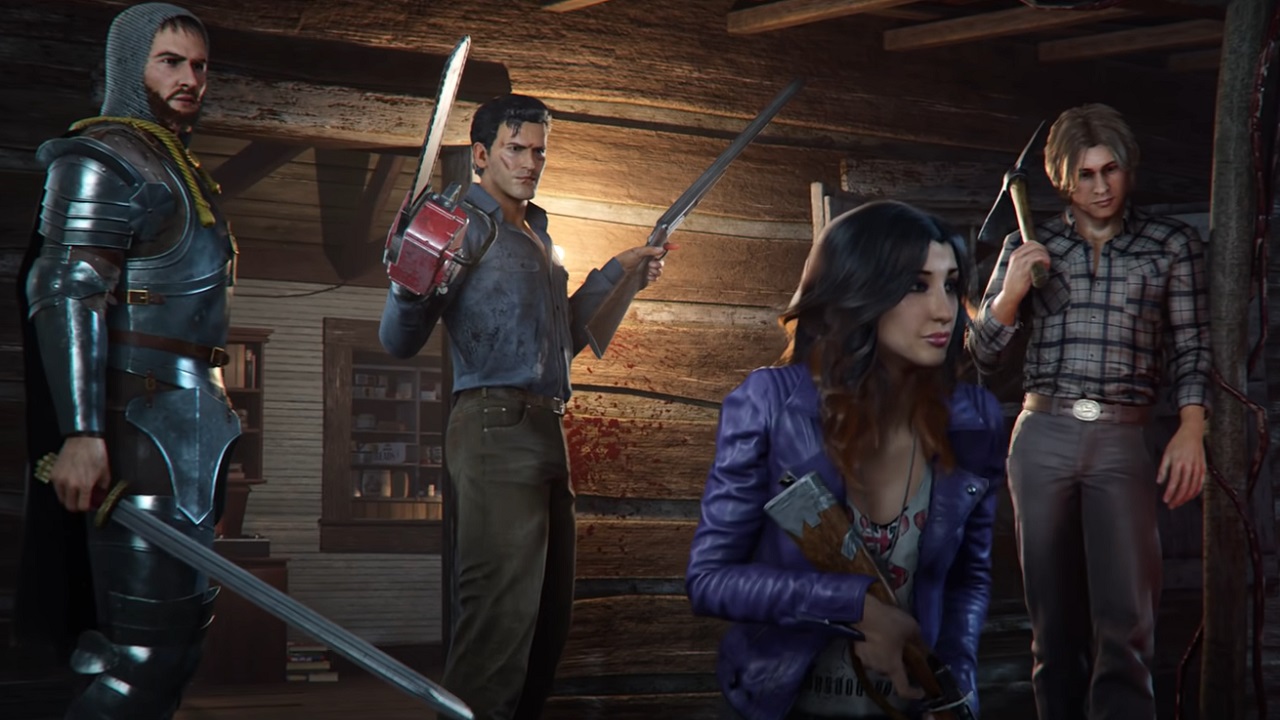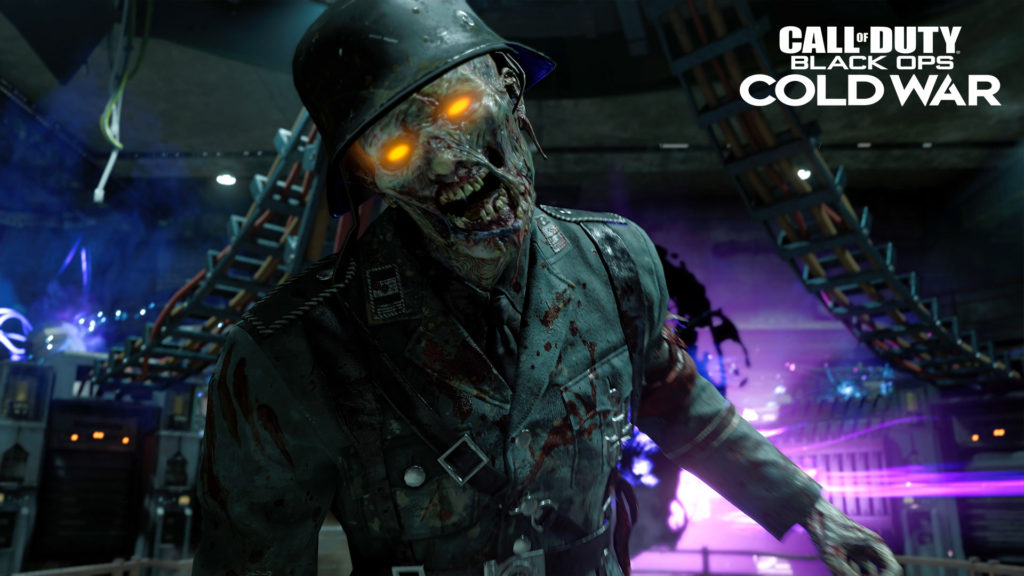Welcome to “Listen to This”: a recurring feature highlighting outstanding video game music and composers.
Anyone who has played Insomniac’s Ratchet and Clank Rift Apart can’t help but be absolutely amazed by the game’s bleeding edge graphics and incredibly tight, fluid game play. Right below the surface sheen and polished pacing is Rift Apart’s not-so-secret sauce: the game’s eclectic and epic score by Mark Mothersbaugh and Watau Hokoyama. The largely symphonic soundtrack is both tuned perfectly to the game’s action and emotional beats but synergizes with it in a way that heightens the already engaging story and mechanics. It’s really one of the best game scores I’ve heard in a while.
Mothersbaugh of course came to game, television and film scoring by way of rock and roll, a career track not unlike that of his slightly younger peer Danny Elfman. Both composers fronted brainy art-rock bands (Devo and Oingo Boingo, respectively) and almost haphazardly landed lucrative composing careers writing for media. Mothersbaugh has partnered with composer/orchestrator Wataru Hokoyama for a number of projects, including The Mitchells vs The Machines, Thor: Ragnarok and The Lego Movie, just to name three out of dozens of scores for film, television and games.
What makes Motherbaugh and Hokoyama’s score for Rift Apart unique is that, unlike a lot of recent game music, it’s built on the old-school technique of actually creating musical themes and motifs for characters. Although the orchestra is supplemented by electronic colors like synths and theramin, the big-budget score is solidly in the tradition of epic orchestral soundtracks by John Williams or Jerry Goldsmith. Emperor Nefarious’ theme has more than a whiff of the Darth Vader motif baked in, which of course is itself a not-so-subtle reference to Mars, The Bringer of War by Gustav Holst.
Some video game scores create excitement and dramatic propulsion simply through the use of layers of insistent percussion (as an example, listen to a cue by Bear McCreary). Mothersbaugh and Hokoyama find drama in ostinato (repeated patterns) coupled with rapidly changing orchestral colors, unexpected shifts in harmony, fragments of heroic fanfares and intimations of themes that eventually coalesce into full-blown, memorable melodies. They can do this because throughout the score of Rift Apart, cues are anywhere from two to nearly six minutes in length, allowing the music to breathe and develop.
Even within the stylistic confines of a traditional approach to scoring and composition, the soundtrack has amazing variety, from stirring battle music to more contemplative cues. A few standout cuts include the Rift Apart opening, the mysterious “Sweet Home Sargasso,” the noble “A Late Arrival” and the klezmer-meets-circus sound of “Y’Ardolis.” The soundtrack ends with the brilliantly satiric song “Join Me at the Top,” which could have easily sprung from a Disney musical villain or Broadway musical.
Some game scores are ephemeral whiffs of music that might be effective in context, but don’t hold up as separate listening experiences. The soundtrack for Rift Apart makes for enjoyable and engaging listening on its own, apart from adding an immense drama and energy to the game. While their music isn’t as innovative or musically complex as that of some composers, Mothersbaugh and Hokoyama have crafted a score that more than matches the amazing visuals and outstanding game play of Ratchet and Clank Rift Apart.
Thank you for keeping it locked on COGconnected.
- For amazing videos, head over to our YouTube page HERE.
- Follow us on Twitter HERE.
- Our Facebook page HERE.
- Our Instagram page HERE.
- Listen to our podcast on Spotify or anywhere you listen to podcasts.
- If you are a fan of cosplay, check out more of our cosplay features HERE.
The post Ratchet & Clank: Rift Apart Has the Best Damn Musical Score This Year appeared first on COGconnected.



